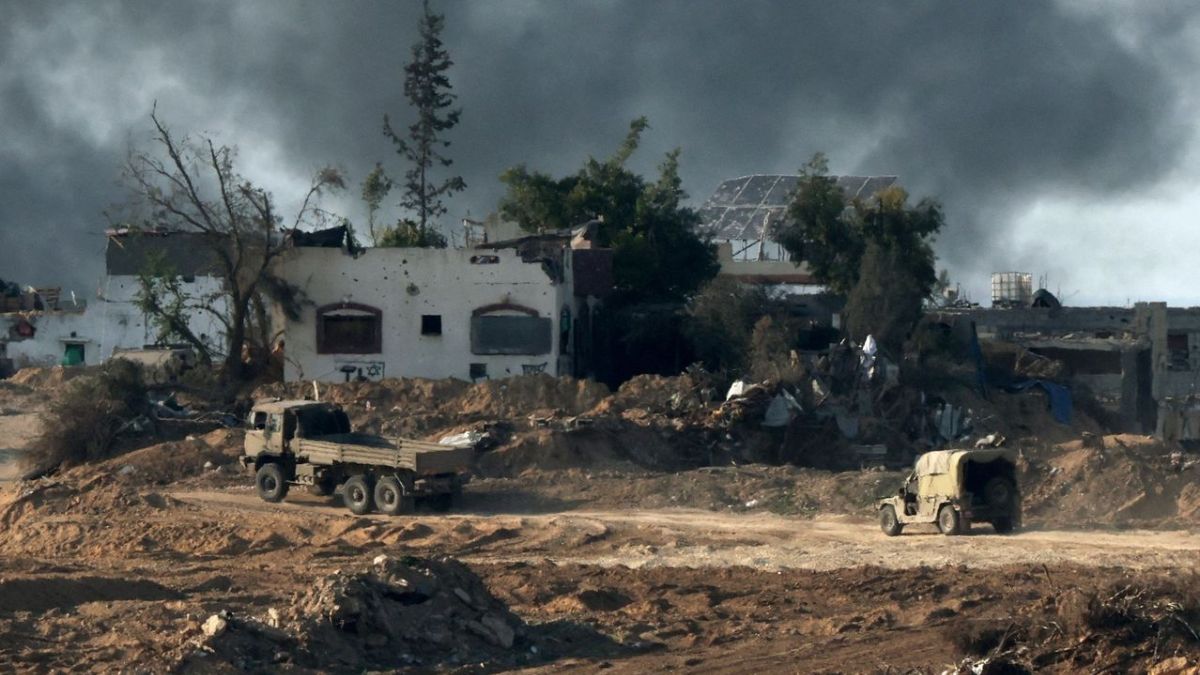The volatile situation in the Middle East continues to escalate as Iran-backed Hezbollah launched a significant rocket attack on northern Israel. Early reports indicate that the group fired approximately 55 rockets at the town of Ayelet HaShahar, in response to an overnight Israeli Defence Forces (IDF) airstrike in southern Lebanon’s Nabatieh region. The IDF confirmed the attack on Ayelet HaShahar, which marks another sharp escalation in the ongoing conflict between Israel and Hezbollah.
The Hezbollah rocket barrage is reportedly a direct retaliation for the IDF strike in Nabatieh, a region known for its strong Hezbollah presence. According to local sources, the airstrike resulted in the deaths of at least 10 individuals. While details about the casualties are still emerging, Hezbollah has indicated that the fatalities include both combatants and civilians. This incident has further inflamed tensions between Israel and the militant group, which have been simmering for months.
In a statement, Hezbollah officials said that the rocket attack was a necessary response to the continued Israeli aggression in Lebanon. They emphasized that the group would continue to defend Lebanon’s sovereignty against Israeli incursions, and warned of further retaliation if Israeli airstrikes persist.
The IDF, on the other hand, stated that the airstrike in Nabatieh was a targeted operation aimed at neutralizing what they described as “imminent threats” posed by Hezbollah in southern Lebanon. The IDF maintained that its actions were in line with Israel’s broader strategy of preemptively striking to prevent attacks on its territory. However, the IDF did not provide specific details about the nature of the threats or the identities of those killed in the airstrike.
The situation at the border has led to widespread fear among residents of northern Israel, many of whom are now seeking shelter in bomb-proof facilities. Local authorities have issued advisories urging residents to stay indoors and avoid unnecessary travel, as the risk of further rocket attacks remains high.
The ongoing conflict has drawn international attention, with calls for both sides to exercise restraint. The United Nations and various foreign governments have expressed concern over the escalating violence, warning that it could spiral into a broader regional conflict if not contained. Diplomatic efforts are reportedly underway to de-escalate the situation, but the likelihood of a ceasefire remains uncertain as both sides continue to exchange fire.

